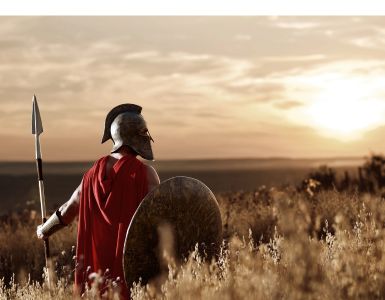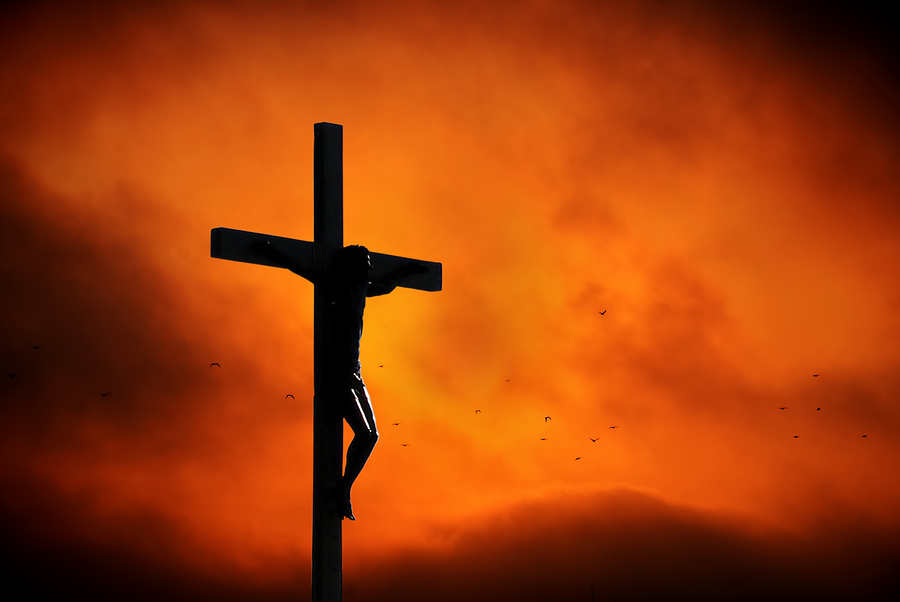Every year. Every single year. Christmas comes and goes, December ends, New Year’s Day arrives, and I think to myself: How can it be [fill in the year] already?
Maybe it’s just me. But, seriously: 2026? How is that possible?
Oh, well, as happens every year, the Charles Wesley lines come to mind:
And are we yet alive,
And see each other’s face?
Glory and praise to Jesus give
For His redeeming grace!
So, as I greet this new year, I do so in wonder, gratitude, and prayer—with a prayer, in fact, that opens my recently published book, 100 Prayers for Writers: Creative Fuel for Inspired Work (2025, Christian Writers Institute), which I hope everyone reading this has purchased (if not, you have my permission to open a new browser window and buy it right now!):
Alpha and Omega, First and Last, I pray [for my writing and living in this new year]:
be my first thought every morning,
and my last thought every night.
Claim my first allegiance,
my last full measure of devotion.
Take first place in my heart,
and rule over every last affection.
Make me first to serve,
last to seek credit.
Let me please you first,
and all others last, amen.
As I write this, I am even praying for you, my readers and writer friends, for this to be true for you in 2026. Amen and amen.





